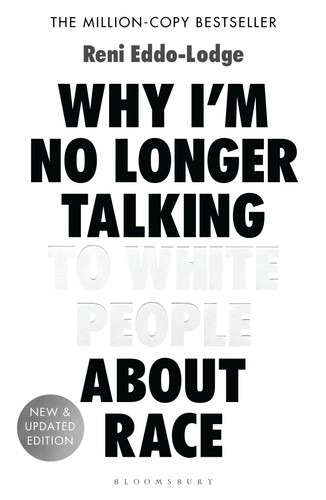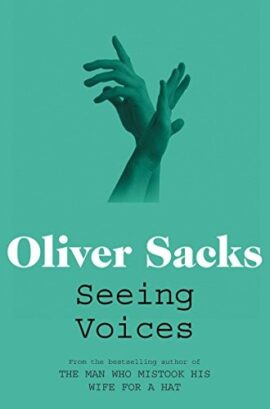Why I’m No Longer Talking to White People About Race: The #1 Sunday Times Bestseller
2.600,00 د.ج
‘Every voice raised against racism chips away at its power. We can’t afford to stay silent. This book is an attempt to speak’
The book that sparked a national conversation. Exploring everything from eradicated black history to the inextricable link between class and race, Why I’m No Longer Talking to White People About Race is the essential handbook for anyone who wants to understand race relations in Britain today.
‘Every voice raised against racism chips away at its power. We can’t afford to stay silent. This book is an attempt to speak’
The book that sparked a national conversation. Exploring everything from eradicated black history to the inextricable link between class and race, Why I’m No Longer Talking to White People About Race is the essential handbook for anyone who wants to understand race relations in Britain today.
| Editeur |
|---|
Produits similaires
An Anthropologist on Mars
The Mind’s Eye
A Higher Loyalty: Truth, Lies, and Leadership
Seeing Voices: A Journey into the World of the Deaf
Man’s Search For Meaning: The classic tribute to hope from the Holocaust
'A book to read, to cherish, to debate, and one that will ultimately keep the memories of the victims alive' John Boyne, author of The Boy in the Striped Pyjamas
A prominent Viennese psychiatrist before the war, Viktor Frankl was uniquely able to observe the way that both he and others in Auschwitz coped (or didn't) with the experience. He noticed that it was the men who comforted others and who gave away their last piece of bread who survived the longest - and who offered proof that everything can be taken away from us except the ability to choose our attitude in any given set of circumstances. The sort of person the concentration camp prisoner became was the result of an inner decision and not of camp influences alone. Frankl came to believe man's deepest desire is to search for meaning and purpose. This outstanding work offers us all a way to transcend suffering and find significance in the art of living.
The 48 Laws Of Power
Some laws teach the need for prudence ("Law 1: Never Outshine the Master"), the virtue of stealth ("Law 3: Conceal Your Intentions"), and many demand the total absence of mercy ("Law 15: Crush Your Enemy Totally"), but like it or not, all have applications in real life.
Illustrated through the tactics of Queen Elizabeth I, Henry Kissinger, P. T. Barnum, and other famous figures who have wielded--or been victimized by--power, these laws will fascinate any reader interested in gaining, observing, or defending against ultimate control.









